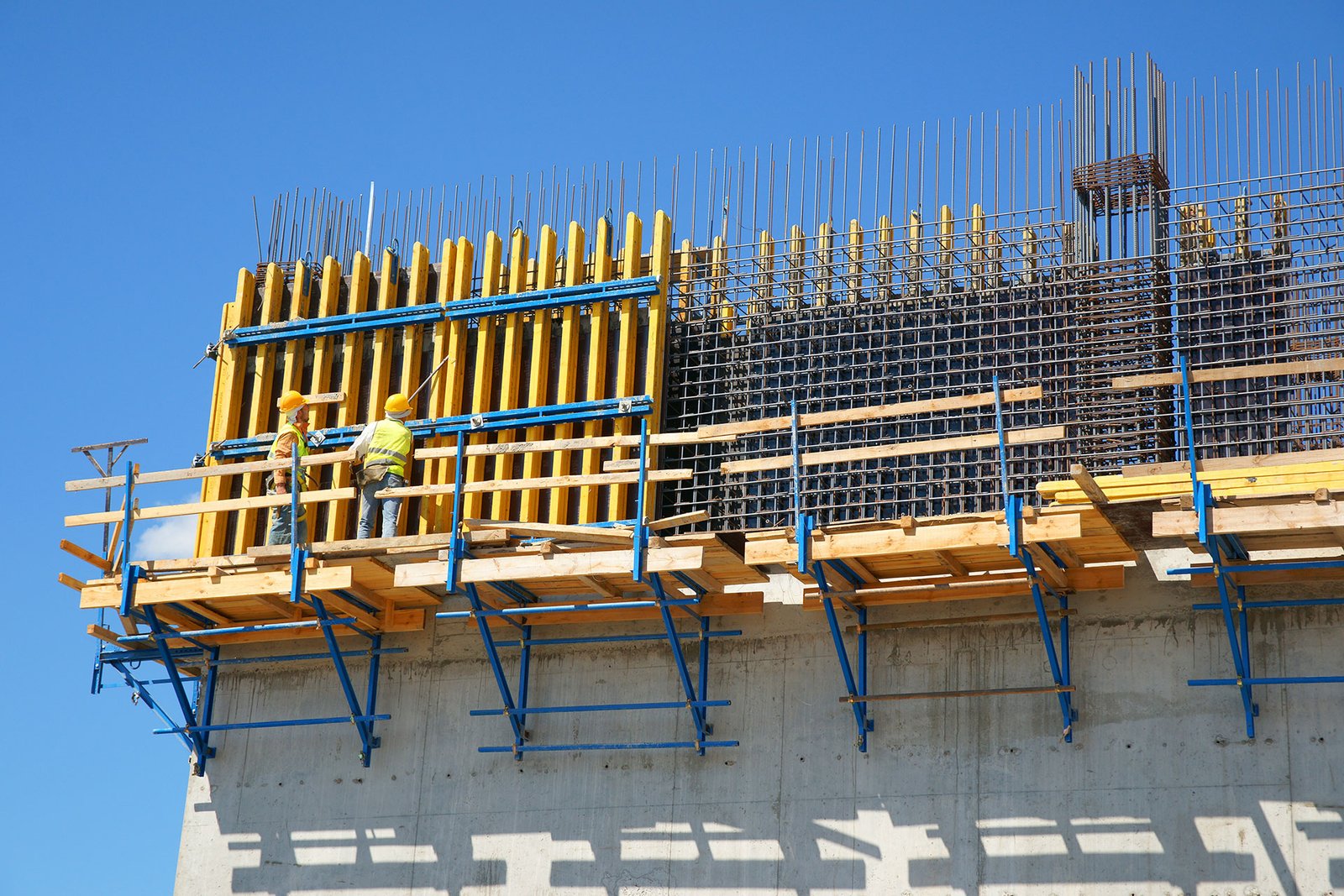A brief introduction to FIDIC

What is FIDIC?
FIDIC (Fédération Internationale Des Ingénieurs-Conseils), or International Federation of Consulting Engineers, is a global organization founded in 1913 in Belgium. Its main objective is to promote and support the interests of consulting firms in the construction industry worldwide.
What does FIDIC do?
FIDIC plays a crucial role in the construction industry by:
- Publishing standard contracts: FIDIC is widely recognized for its standard contracts, such as the Red, Yellow, and Silver Books, which are used in construction projects around the world. These contracts establish clear terms and conditions for the parties involved, helping to minimize disputes and facilitate project management.
- Developing guides and guidelines: FIDIC also publishes a variety of guides and guidelines on topics such as quality management, risk management, and sustainability, which provide construction professionals with best practices and tools to carry out projects effectively.
- Organizing events and training: FIDIC organizes conferences, seminars, and training courses to promote knowledge exchange and professional development in the construction industry.
Organizational Structure
FIDIC has a well-defined organizational structure that includes:
- General Assembly: Composed of representatives from over 100 member countries, the General Assembly is FIDIC's highest decision-making body.
- Executive Committee: Elected by the General Assembly, the Executive Committee is responsible for FIDIC's day-to-day management and the implementation of its policies.
- Standing Committees: FIDIC has several specialized standing committees that are responsible for developing and updating standard contracts, guides, and guidelines.
- Regional Groups: FIDIC has four regional groups that represent the interests of its members in different parts of the world.
Memberships
FIDIC offers three types of memberships:
- National Member Associations: These are national associations of consulting firms that represent the consulting industry in a specific country.
- Associate Members: These are individual organizations or companies that operate in countries without a National Member Association and are engaged in consulting activities in the construction industry.
- Affiliate Members: These are organizations or companies that support FIDIC's objectives and wish to participate in its activities at a local or international level.
Key Publications
FIDIC publishes a wide range of documents covering various aspects of the construction industry, including:
- Conditions of Contract: The Red, Yellow, Silver Books, and other standard contracts are fundamental for the management of construction projects.
- Guides to Business Practice: These guides offer practical advice on topics such as the selection of consultants and contractors, quality management, and risk management.
- Publications on Quality and Integrity Management: FIDIC promotes integrity and quality in the consulting industry through these publications.
- Publications on Risk Management: These guides help construction professionals identify, assess, and manage risks in their projects.
- Publications on Sustainability: FIDIC encourages sustainability in the construction industry through these publications and tools.
Conclusion
FIDIC is a leading organization in the construction industry that plays a vital role in promoting best practices and professional development. Its standard contracts, guides, and guidelines are widely used around the world and contribute to the effective management of construction projects. In addition, FIDIC fosters integrity, quality, and sustainability in the industry, which benefits both professionals and society as a whole.
About Fractal - Ingenieros & Abogados
Fractal—Ingenieros & Abogados is a boutique firm that specializes in Project Management and Construction Law. It is focused exclusively on the Construction Industry.
Our comprehensive services include independent consultancy and advice on claims, contracts, risks, integrity, and project control. We cater to various clients, including law firms, claims consultants, commercial and multilateral banks, fiduciary and insurance companies, arbitration and adjudication courts, dispute boards, project owners, equipment and materials suppliers, national and foreign investors, and engineering and construction companies.